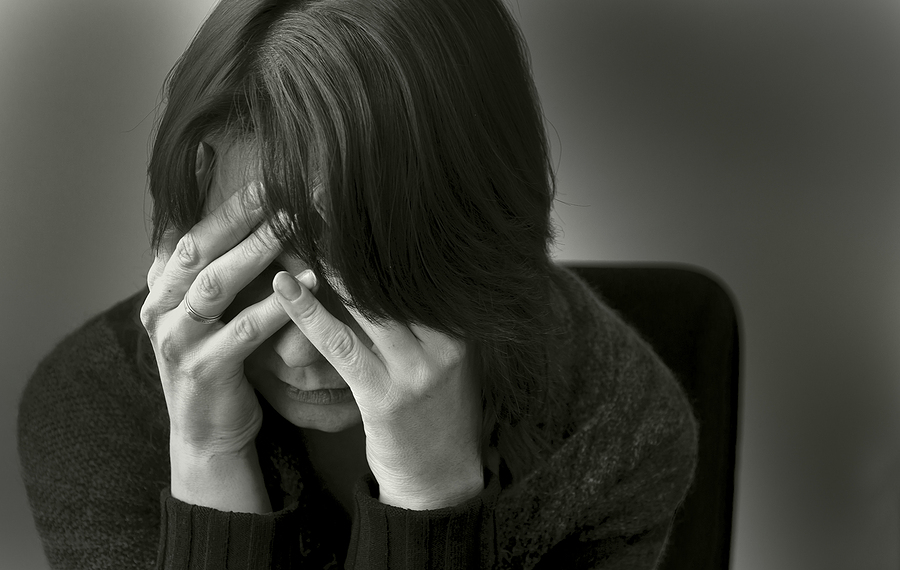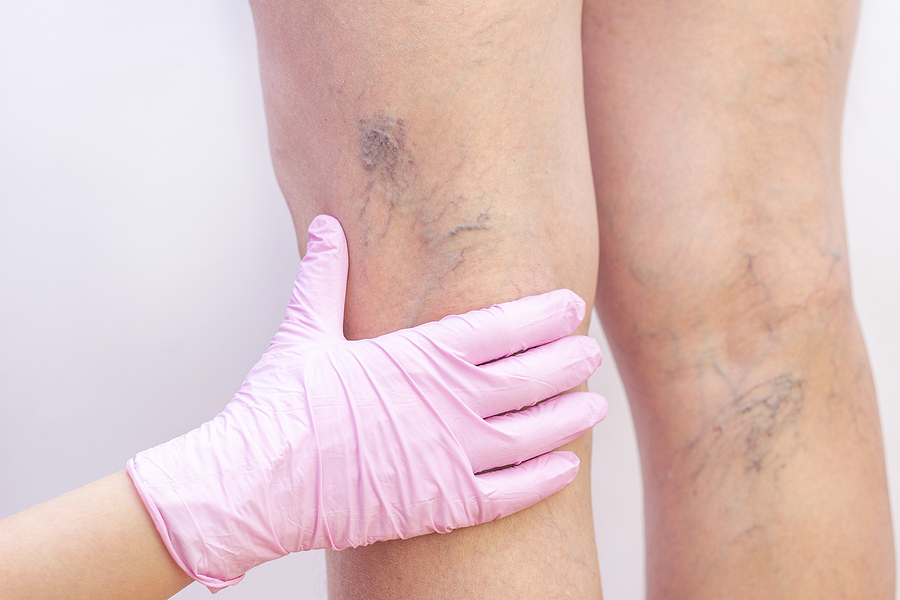The Coronavirus pandemic has been emotionally draining on most people. Friends and family members haven’t been able to see each other, weddings and other events have been canceled, and fun activities like sports and concerts were put on the back burner. Even the most well-adjusted people likely experienced symptoms of stress or anxiety at multiple points this year.
If this sounds familiar, you’re not alone, and there are ways to focus on your mental health during this time. Here are five tips to overcome COVID-19 stress.
1. Consider speaking with a therapist.
A therapist can help you process your thoughts and get to the root of why you are upset. They can also guide you through coping techniques to communicate better and to prevent your anxiety from getting out of hand.
You can still meet with a therapist even while you’re working from home. Many offices, including Therapy Group of DC, offer telehealth services that you can use. This means you can set an appointment at a time that works for you without driving to an office or missing work. It also means that you can stay safe from the COVID-19 pandemic while also being able to talk things through with a psychologist. If they prescribe you any drugs for treatment in severe cases, you can order that medication online at affordable rates. Stay safe at home and save money on medication while you’re at it.
2. Find hobbies that you love.
One of the best ways to cope with stress during the COVID-19 pandemic is to find a hobby or activity that you can do safely. Many people have taken to baking during this time or gardening in their backyards.
Try a few different activities to see what you like most. You may enjoy a new sport (like running) or an artistic endeavor like painting. For online paint supplies, turn to Paint Loose, which offers DIY kits that can guide beginners through the process. Whether you find yourself gravitating to acrylic paint or watercolors, it’s easy to find an array of materials like brushes, and easel or a palette online to support your newfound hobby. Creative hobbies will also help you express some of the stress of this time, which makes painting in acrylics or watercolors a great option for a new activity to take up from home.
3. Know what triggers your anxiety.
Everyone has different triggers that cause them to experience anxiety or overwhelming stress levels. If you want to protect your mental health, learn what these triggers are and how to avoid them. Some people are triggered by the news—too many negative stories can overwhelm them and create a sense of hopelessness. Others are stressed by work, family members, or social media.
You might not be able to eliminate all of your triggers, but you can mentally prepare yourself for them and reduce your contact overall.
4. Adjust your standards for yourself.
At the start of the pandemic, there was a huge push to use the lockdown period to be productive. People wanted to increase their professional skills, lose weight by not eating out, and read more during the downtime. The reality is that you don’t need to be productive or successful during the pandemic. This period is incredibly stressful with both financial and physical uncertainty.
Take time to evaluate your mental needs and adjust your standards during the next few months. You don’t have to lose weight—and it’s okay if you gain weight. You don’t have to learn a new language if you just want to watch Netflix instead. Be gentle with yourself and focus on surviving.
5. Make sure you are prepared for the worst.
Some people overcome stress through preparation. If they are worried about their car breaking down, they check the tires frequently and visit a mechanic regularly. You may find that preparing for unwanted scenarios actually helps you cope with them.
For example, if you are worried about catching the coronavirus, make sure you have the healthcare you need for treatment. Look into medishare alternatives that offer affordable coverage for your needs. No one wants to get this disease, but if you make sure you have the best health insurance available, you will be covered if you do need any medical procedures or even an emergency room visit.
Most people are doing everything they can to stop the spread of COVID-19. Right now, the best thing you can do is to stay home and focus on your physical and mental health.
Image Source: BigStockPhoto.com (Licensed)
Related Categories: Health, Reviews








